There is no rest for animal rights activists, even during the COVID-19 crisis. We've even seen an uptick in activity and attacks from them on social media.
Whether it's organized or not, the attacks tend to hit all at once as they try to overwhelm a Facebook page's reviews and comments or on Instagram with comments or hashtag takeovers.
It's definitely tough to deal with these attacks, and it can make you want to shut down your social media channels, but this is exactly their goal. They want the farmer's voice to go away so the only story consumers will see and hear is from them.
Here are some tips on how to handle an attack.
How do you know you are being attacked?
You'll know it's an attack when you start getting several hundreds of negative comments and reviews within a couple of hours.
1. Block and delete: Once you determine it's an attack, don't think twice about removing the ability for these people to post on your page.How to block and delete on Facebook:
You can easily touch the three dots next to a post and hide it or delete it. Facebook has a menu that allows you to walk through the violations. Be warned, though, Facebook does not see what activists do as harassment and probably won't remove the post on their own. It's better to just delete the comment and block the profile.

If you click on ‘find support or report comment,’ you will get a menu to walk through to report the profile.
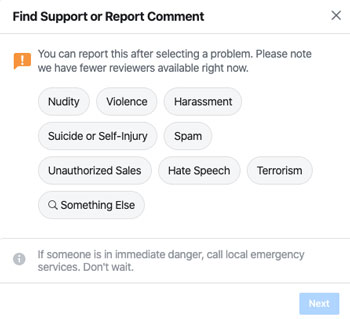

Instagram handles comments a little different since it is for mobile only. There are several options:
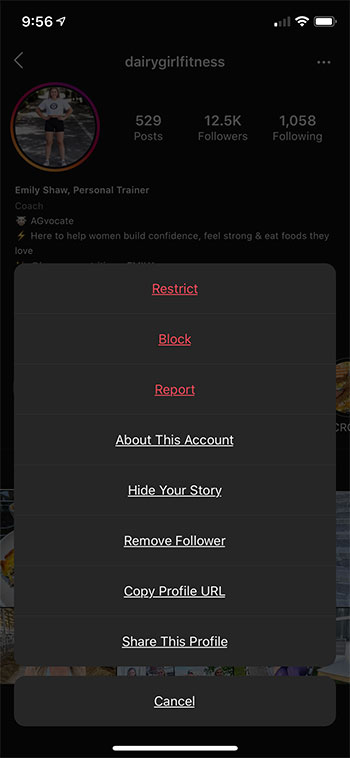
b. You can manage comments by deleting them.
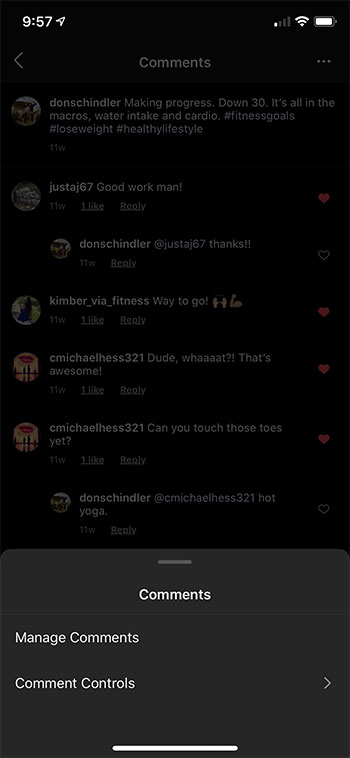
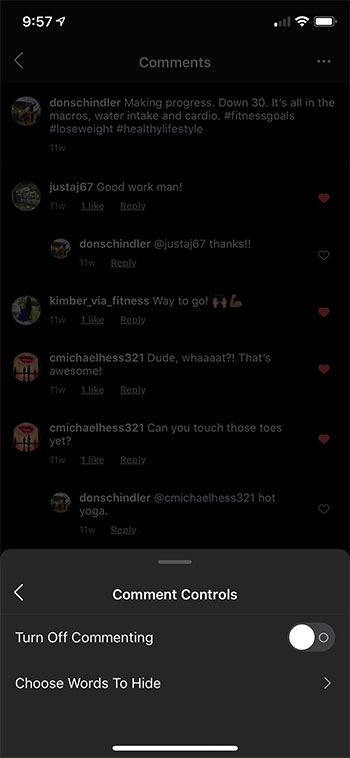
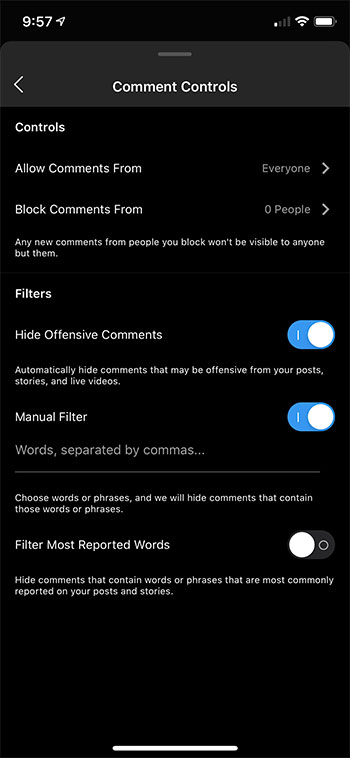
d. You can also block or restrict individual accounts. Blocking means that they go away forever. Restricting means that you can see their comments (and so can they) but no one else can.
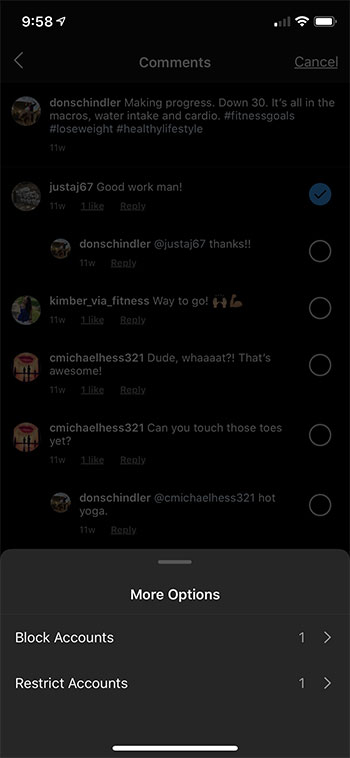
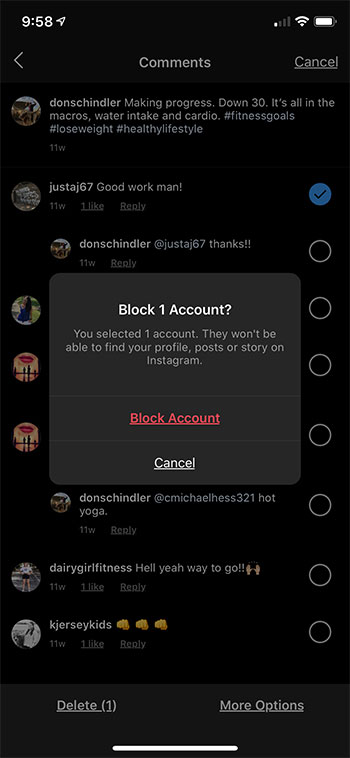
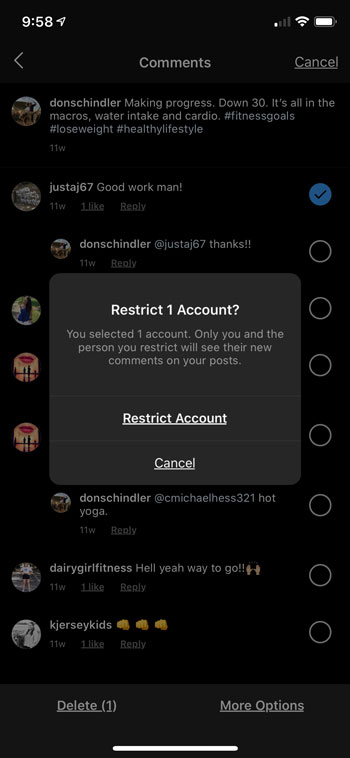

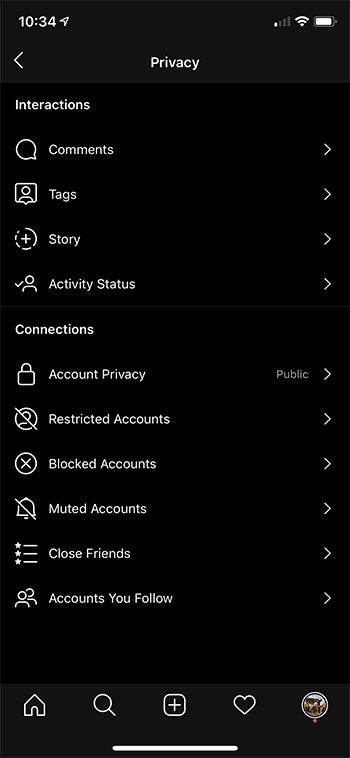
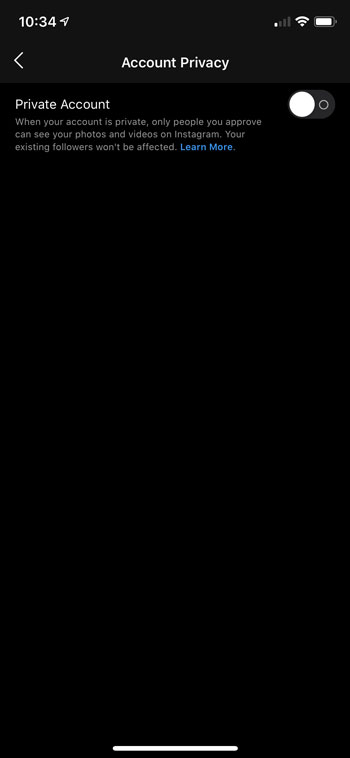

The author is a Senior Vice President of Digital Initiatives at Dairy Management Inc.







